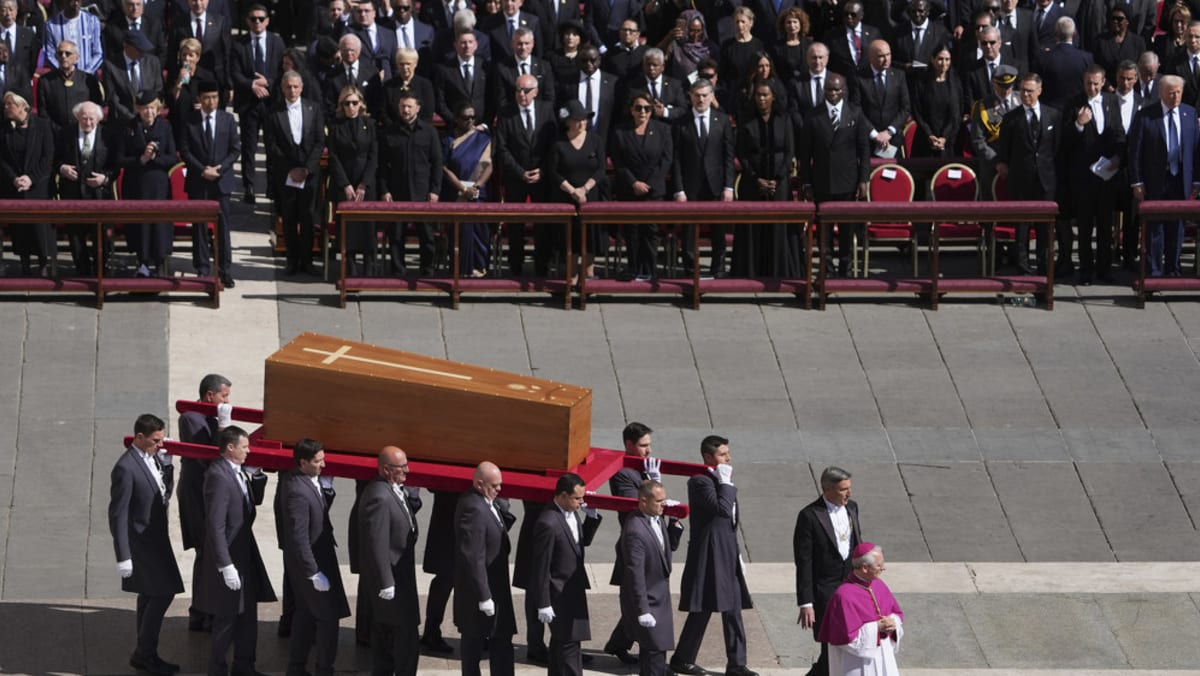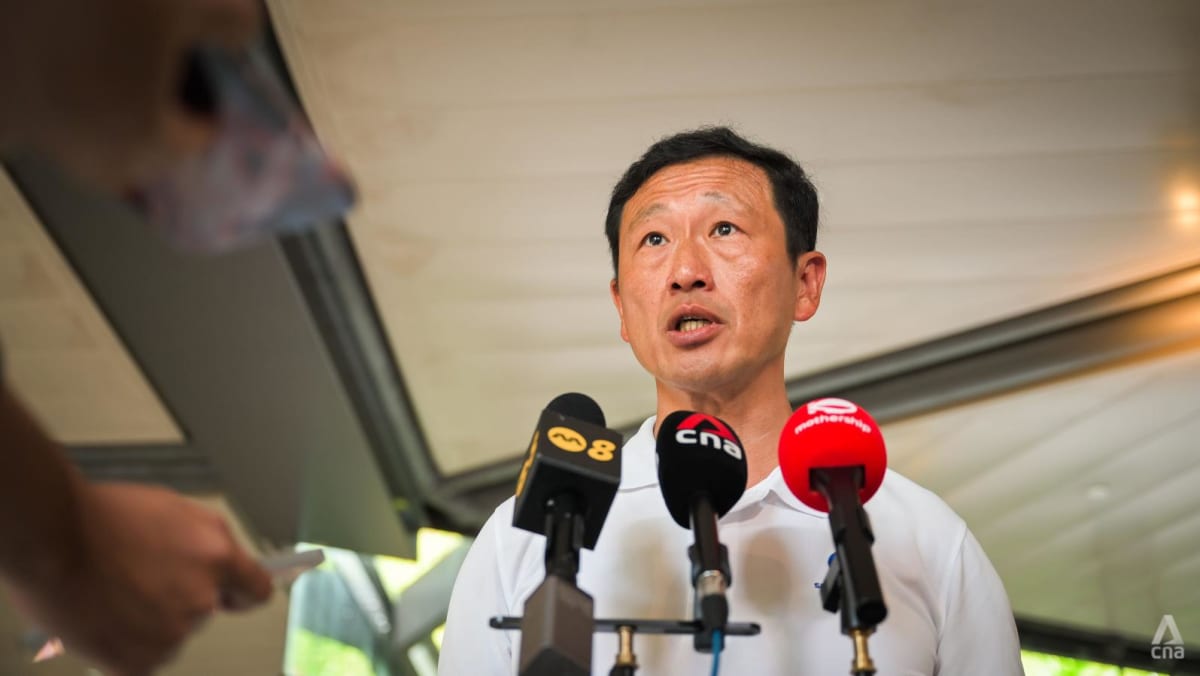Supreme Court to hear Trump’s criminal immunity claim, further delaying Jan. 6 trial

The U.S. Supreme Court will weigh in on whether Donald Trump can claim sweeping presidential immunity in the face of a federal prosecutor’s criminal case against him for his alleged election subversion in 2020 and on Jan. 6.
The justices said in an order issued Wednesday that they will take up the question in oral arguments during the week of April 22 — which further delays Trump’s prosecution, already paused while he has been pressing his immunity appeal in the lower courts.
Trump is facing four felony counts, including conspiracy to defraud the United States and obstruction, in connection with what prosecutors call his plot to remain in power. He pleaded not guilty to the charges, brought by special counsel Jack Smith, last year.
Smith’s office declined to comment on Wednesday’s court action, a setback for the argument he made in December that the court rule on the question quickly.
Smith and Trump’s attorneys will file their briefs on the matter in the coming weeks.
In a social media post later Wednesday, Trump celebrated the decision, writing, “Without Presidential Immunity, a President will not be able to properly function, or make decisions, in the best interest of the United States of America.”
The question the court will focus on is “whether and if so to what extent does a former president enjoy presidential immunity from criminal prosecution for conduct alleged to involve official acts during his tenure in office,” according to Wednesday’s order.
A trial date in the case was initially set for March 4 but was pushed back due to Trump’s attempts to have the charges dismissed on the grounds he is totally immune from prosecution for any actions taken while he was serving in the White House.
Trump’s immunity claim presents novel legal questions for the judicial system, as he is the first president (current or former) to ever face criminal charges.
The Supreme Court is seen, Nov. 15, 2023.
Mariam Zuhaib/AP, FILE
Two courts have already rejected his immunity arguments, the most recent being a three-judge panel in the U.S. Court of Appeals for the District of Columbia Circuit.
“For the purpose of this criminal case, former President Trump has become citizen Trump, with all of the defenses of any other criminal defendant,” the judges wrote. “Former President Trump lacked any lawful discretionary authority to defy federal criminal law and he is answerable in court for his conduct.”
The judges warned that if his stance were accepted, it would “collapse our system of separated powers.”
Trump’s team swiftly filed a request to the Supreme Court asking them to stay the ruling, stating the justices should allow the appeals process to play out given the stakes for the 2024 election.
The special counsel had urged the nation’s highest court to deny Trump’s request.
“The charged crimes strike at the heart of our democracy,” Smith’s team wrote in a filing. “A President’s alleged criminal scheme to overturn an election and thwart the peaceful transfer of power to his successor should be the last place to recognize a novel form of absolute immunity from federal criminal law.”
Source: abc news















